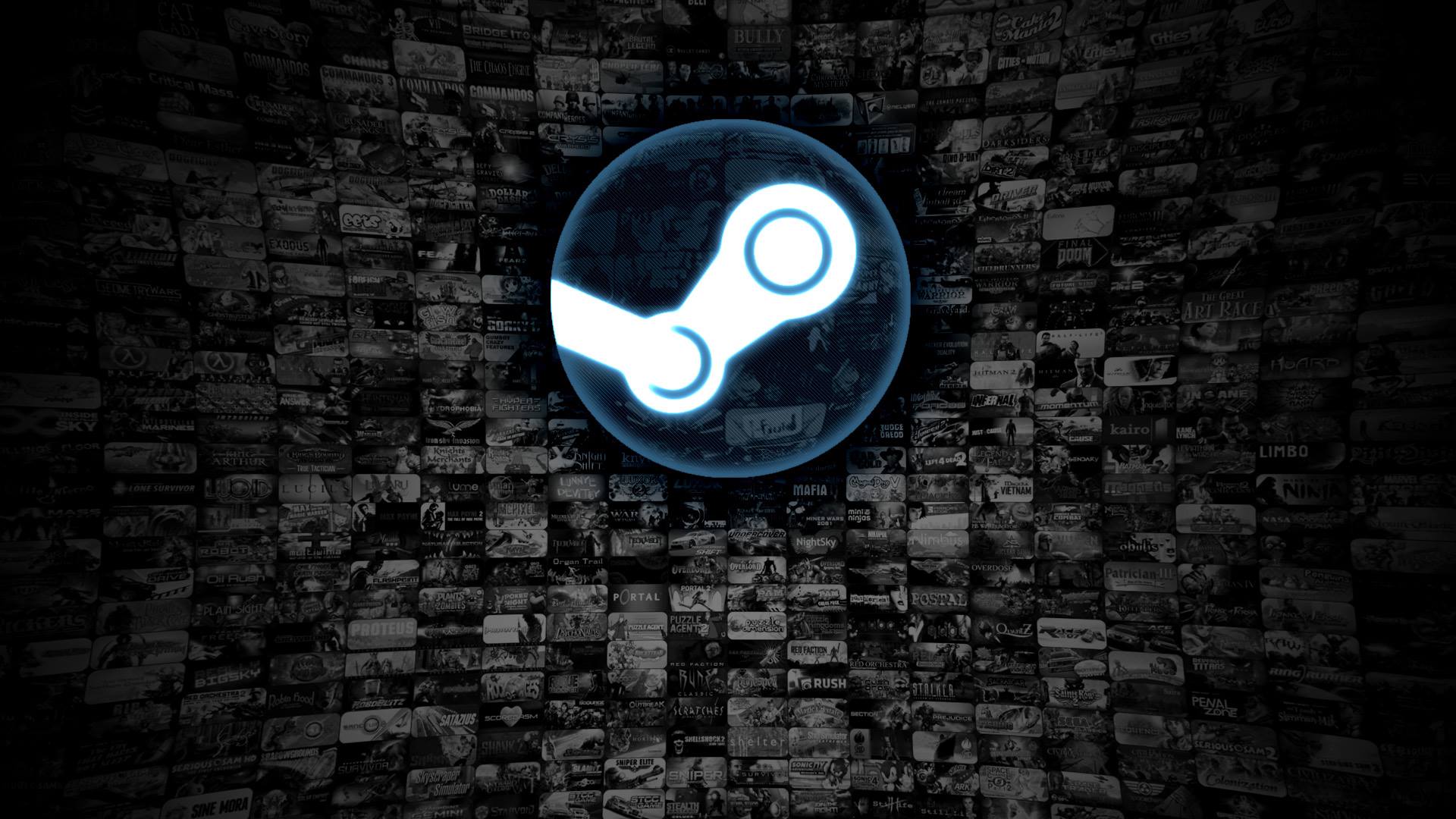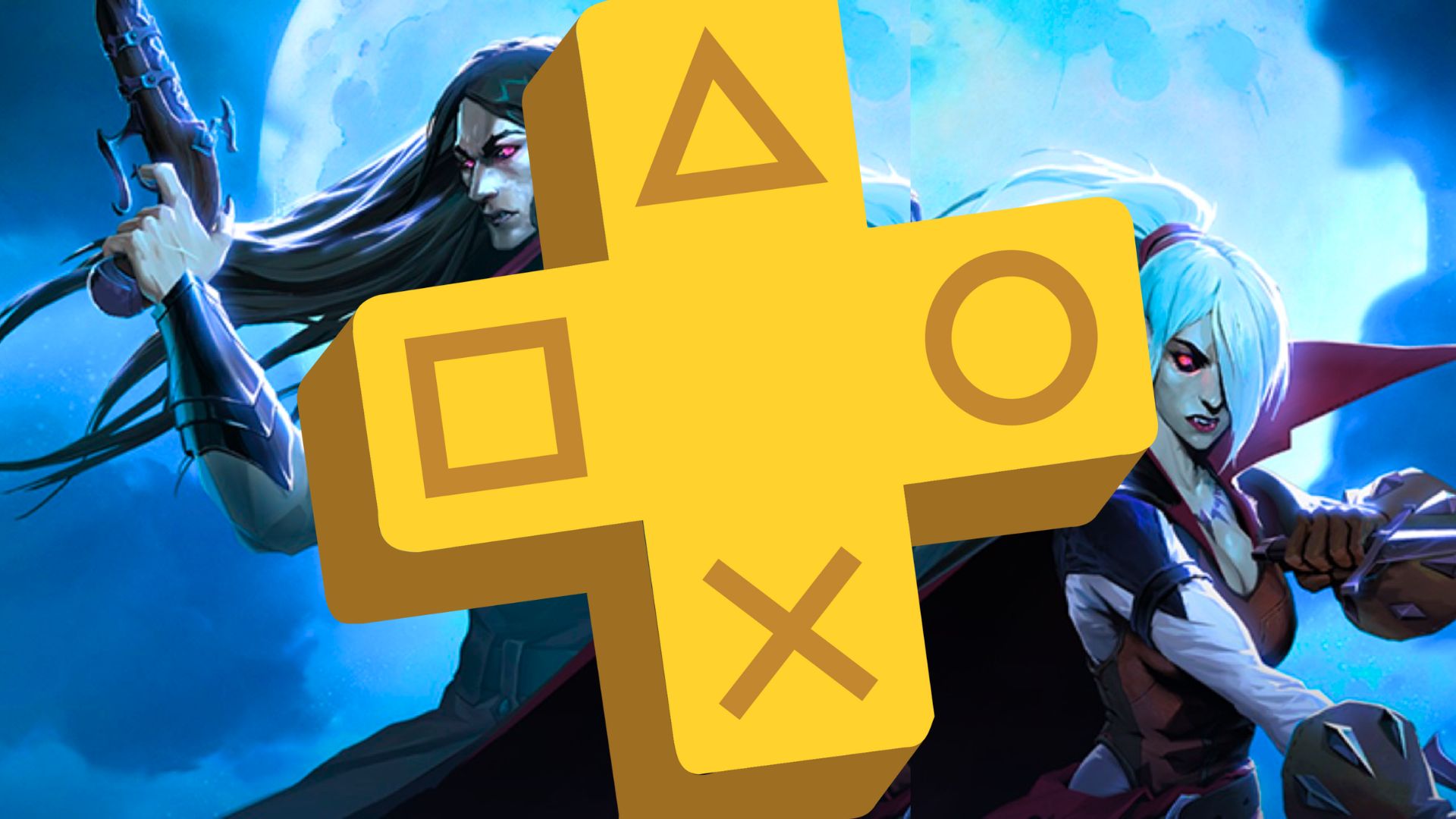You can trust VideoGamer. Our team of gaming experts spend hours testing and reviewing the latest games, to ensure you're reading the most comprehensive guide possible. Rest assured, all imagery and advice is unique and original. Check out how we test and review games here
Games released onto Steam are making significantly less revenue this year compared to sales data from last year, as analysed by Mike Rose of publishing label No More Robots.
No More Robots takes on services beyond publishing games, like Not Tonight and Hypnospace Outlaw, by ‘utilising wide-ranging video game sales figures and statistics to pin down exactly what makes games sell.’ As such, Rose has released his analysis of Steam sales data, and stressed that these conclusions are based on estimates. The calculations used publicly available statistics from Steam, including Steam group numbers, store page review numbers, prices, and algorithms for calculating year one revenue from month one revenue. 170 games released this year between July 5 to August 6 were collated and investigated.
In 2018, the average game sold 5,000 copies and made $30,000 in revenue, at an average price of $12 in its first year on the market. According to Rose’s analysis, the average game in 2019 is priced at $10 and sells 1,500 copies; a decrease of 70 per cent year-on-year. The average game in 2019 will generate $16,000 in revenue, which is down 47 per cent compared to 2018 data.
Rose offers a few theories for what is causing this significant discrepancy. He cites free to play games such as Apex Legends and Fortnite as attracting players away from spending on single-player titles. The frequency of releases on Steam is still soaring month by month, and even though developers are undervaluing their games, players cannot play everything, therefore creating the proverbial backlog. And, subscription services warp the perception of value through offering a collection of high value games for an appreciably discounted price.
Interestingly, Rose does not mention rival distribution platforms like the Epic Games store, which has been welcomed by indie and triple A developers alike. It would be difficult to deny that the free games that Epic Games has divvied out hasn’t had an impact, though. Subscription services makes me think of consoles first, but Xbox Game Pass applies to PC, and Ubisoft recently launched Uplay Plus that provides players access to over 100 of its games.
The future of gaming is shifting. Today, EA announced that its ‘Project Atlas’ cloud gaming service will begin its technical trial and is looking for testers. Google Stadia has a considerable cluster of high profile titles set for its launch in November, and is planning to support cross-play and cross-progression. Although the data are estimates, it seems that Steam needs to rethink its approach to digital distribution if it’s to keep up with the competition.






